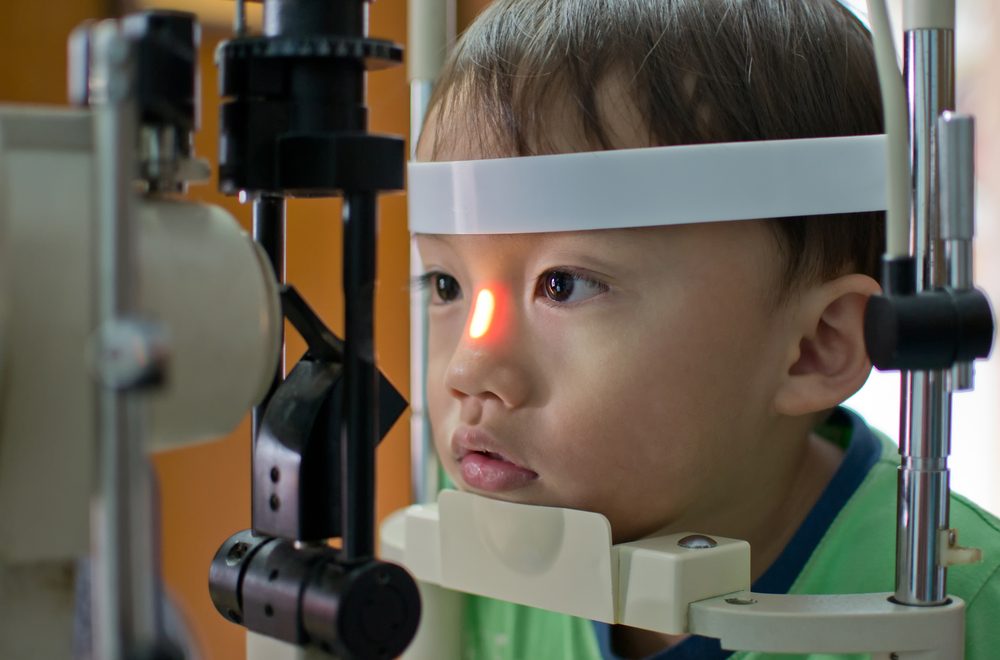
Children rely heavily on their vision to learn and explore the world around them. However, when vision problems go unnoticed, they can significantly impact a child’s development, including their ability to succeed academically and socially. Many early signs of vision-related learning problems can be subtle, making it essential for parents and educators to stay vigilant. Recognizing these warning signs early and seeking appropriate care can make a world of difference in a child’s life.
Common Vision Problems in Children
Common vision problems in children often go beyond nearsightedness or farsightedness and can significantly impact their learning and development. Issues such as strabismus (misaligned eyes), amblyopia (lazy eye), and binocular vision dysfunction can interfere with how the eyes work together, affecting depth perception and focus.
Children may also experience convergence insufficiency, where the eyes struggle to focus on nearby objects, or accommodation difficulties, which involve problems shifting focus between near and distant objects. Additionally, tracking issues, where the eyes cannot smoothly follow a line of text or a moving object, can make reading and learning tasks especially challenging. These vision problems are often mistaken for attention or learning disorders, underscoring the importance of early detection and proper evaluation.
The Importance of Early Intervention
Undiagnosed vision problems can have long-term effects on a child’s academic performance, self-esteem, and overall development. The earlier these issues are detected, the better the chances of addressing them effectively. Early intervention can:
• Prevent unnecessary struggles in school.
• Improve a child’s ability to engage in learning and social activities.
• Enhance their confidence and reduce frustration with daily tasks.
While standard eye exams are important, they may not always detect developmental vision problems that impact learning. This is where developmental optometrists come in.
How Developmental Optometrists Can Help
Developmental optometrists specialize in identifying and treating vision problems that affect learning and development. They conduct comprehensive evaluations that go beyond basic vision tests to assess skills like eye teaming, tracking, and focusing. If a vision problem is identified, treatment options may include:
• Vision therapy: A customized program of exercises to strengthen visual skills and correct issues like eye coordination and tracking.
• Specialized lenses: Glasses or contact lenses designed to address specific visual needs.
With the right intervention, children can overcome their vision challenges and unlock their full potential in school and life.
Protecting Your Child’s Vision for a Brighter Future
Recognizing the early warning signs of vision problems in young children is the first step toward addressing issues that could hinder their growth and success. By scheduling regular vision exams and seeking the expertise of a developmental optometrist, parents can ensure their child has the visual skills needed to thrive.
If you’ve noticed your child struggling with schoolwork, avoiding reading, or exhibiting signs of eye strain, contact Vision Rehabilitation Associates to schedule a comprehensive vision evaluation and give your child the tools they need to succeed. Visit our office in Northbrook, Illinois, or call (847) 716-2340 to book an appointment today.










